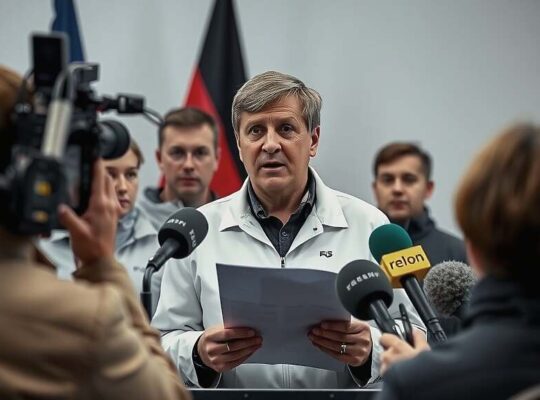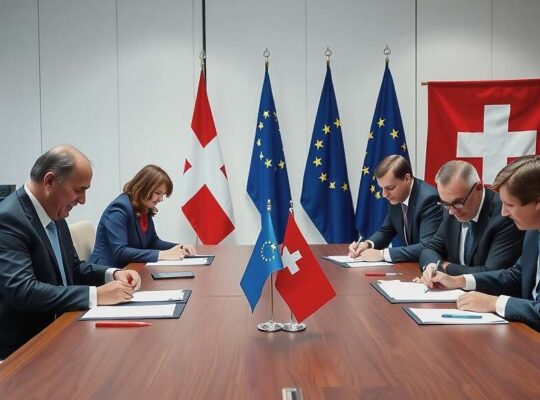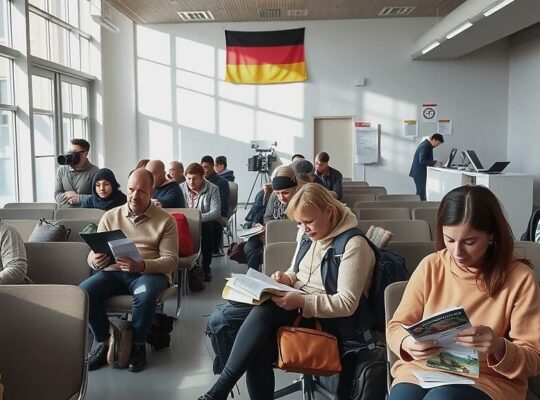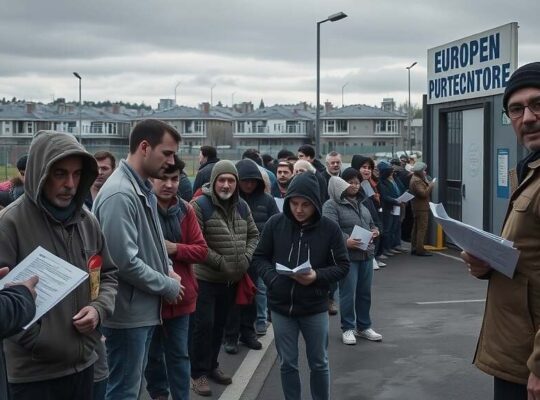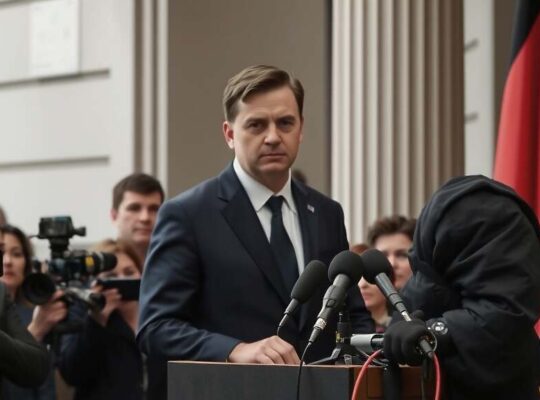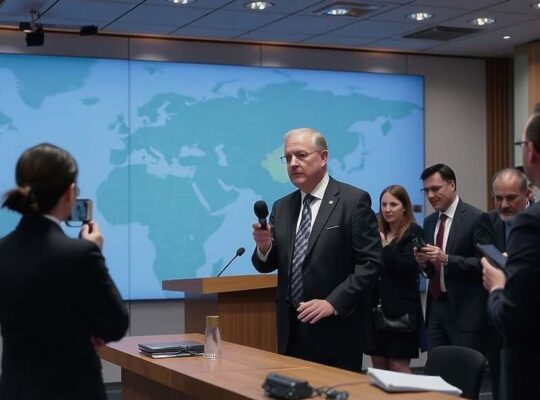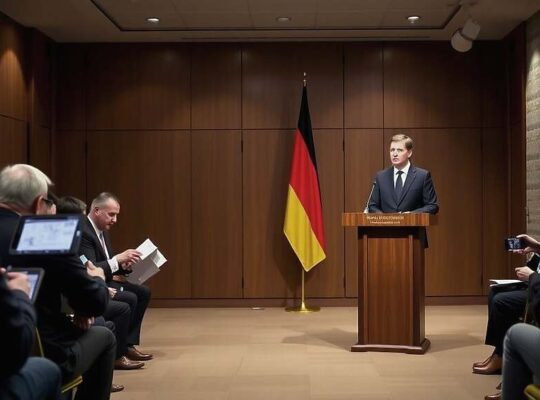A recently surfaced internal document from the German Chancellery reveals significant disagreements between various federal ministries regarding eleven key European Union initiatives. The list, compiled for “EU Monitoring” a coordination forum led by Minister Thorsten Frei, highlights potential roadblocks to Germany’s influence within the EU.
Five projects are flagged as requiring “high action potential” indicating a lack of German leverage due to “cross-departmental conflicts”. These include the Supply Chain Due Diligence Directive, the Internship Directive, the Return Regulation, the 2040 Climate Target and legislation surrounding new genomic techniques (NGT).
Six further EU proposals are listed as requiring “medium action potential” signifying that the German government’s progress is being hampered. These are the Defence Omnibus Bill, the Nitrate Directive, the Chemicals Omnibus Bill, the Regulation to Combat Child Sexual Abuse, the Deforestation Regulation and the Stockpiling Strategy.
Concerns have been voiced regarding the impact of these internal divisions. Green Party leader Franziska Brantner told “Handelsblatt” that the government’s disagreements risk undermining trust in Brussels.
Within the governing coalition, recognition of the need for improvement is also apparent. Tilman Kuban, the European policy spokesperson for the CDU/CSU parliamentary group, acknowledged that competitiveness and defense capabilities necessitate compromises on certain issues. The document underscores the challenges in forging a unified German position on key EU policy areas.


